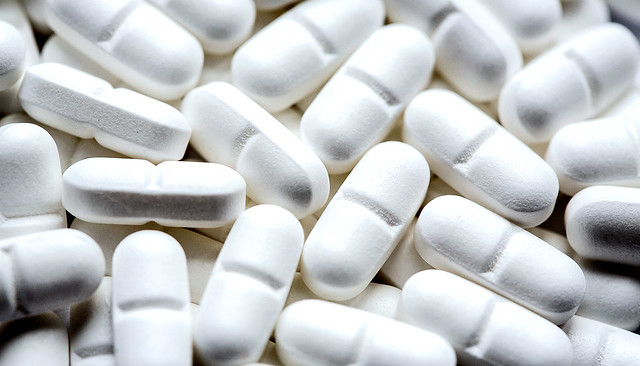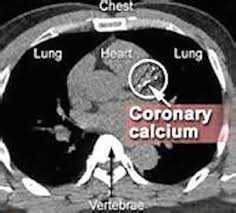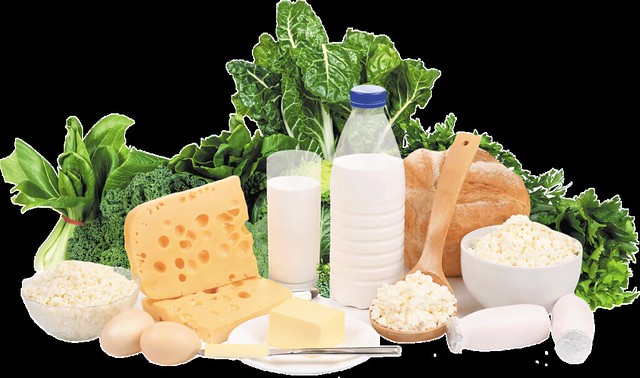SHARES

“I have on-and-off chest pain lately. My doctor examined me and ran through some tests. He told me that I have a lot of calcium in my heart blood vessels. These blood vessels get blocked easily raising the risks of getting a heart attack. I am worried that the calcium tablets I’m taking everyday for my bones will affect my heart.” Sharifah, 62, is concerned about her heart as well as her bone health.
What is calcium in heart vessel?
In a normal healthy adult, calcium build up in the wall of our blood vessels as we grow old. Our vessels will become less elastic and more prone to injury. This is why we can get high blood pressure as we grow older. Also, these calcium deposit are usually seen together with fatty deposits, called “atherosclerotic plaque”. Higher amount of calcium deposit in blood vessels means larger plaque. These plaque can rupture and even dislodge to block your heart vessel, causing heart attack. In this context, your doctor can order a heart scan for calcium deposit to estimate your risk for heart attack.
Is calcium bad for your heart?
Calcium is not necessarily bad for your heart. Although new studies and evidences are pointing towards a link between high dose calcium supplementation and heart attack, results are still inconclusive. Larger studies and stronger evidences found no link between calcium supplement and heart attack or stroke. Having said so, doctors are being more careful in giving high dose of calcium for people at risk for heart attack. Also, check with your doctor before starting on calcium supplement because you may not need it at all. Calcium tablets can have side effect like constipation and even put you at risk for kidney stone.
On the contrary, large studies have confirmed the benefit of calcium in lowering your blood pressure. It is believed that insufficient calcium intake will increase your body hormones (parathyroid hormone). This in turn increases calcium deposit in your blood vessels and raises your blood pressure. Therefore, getting enough calcium can lower your risk for high blood pressure. In addition, studies are also pointing to the benefit of calcium in preventing high blood pressure during pregnancy.
Calcium from food VS Calcium tablets
Current evidences only find a link between calcium supplement and heart disease. Further studies found no connection between calcium rich diet and heart attack or stroke. Taking enough calcium rich food is also known to lower blood pressure. These give rise to the latest recomendation on taking adequate calcium from food source instead of calcium tablet. (unless necessary). The mechanism is still unclear and further researches are needed to better refine the recommendation.
What are examples of food high in calcium?
Dairy products generally are rich in calcium. Include milk, yogurt and cheese into your daily diet. Also, beans and green leafy vegetables like kale have high calcium content too. For example, a small glass of milk (250ml) contain about 300mg of calcium! That is about 30% of our daily calcium requirement (1000mg per day). Postmenopausal women and elderly, generally need higher calcium intake about 1200mg per day to prevent osteoporosis.
Conclusion
Moderately strong evidences are pointing towards a possible link between calcium supplement and heart attack or stroke. Current recommendation encourages dietary calcium intake over calcium supplement for osteoporosis prevention. Further studies are needed to make clear the connection between calcium and heart disease.
Find a GP/Family Doctor in Malaysia, on GetDoc
Find a GP/Family Doctor in Singapore, on GetDoc
References:
1. Aurel TT, Valirie NA, Jean JN. Calcium supplementation and cardiovascular risk: a rising concern. The Journal of Clinical Hypertension. 2017 May 2;19(6):doi.org/10.1111/jch.13010.
2. Can too much calcium raise your heart attack risk [Internet]? Cleveland Clinic. 2019. [Available from: https://health.clevelandclinic.org/can-too-much-calcium-raise-your-heart-attack-risk/amp/; last updated on 2019 May; last accessed on 2019 Jul 28].
by Chang Xian
View all articles by Chang Xian.







